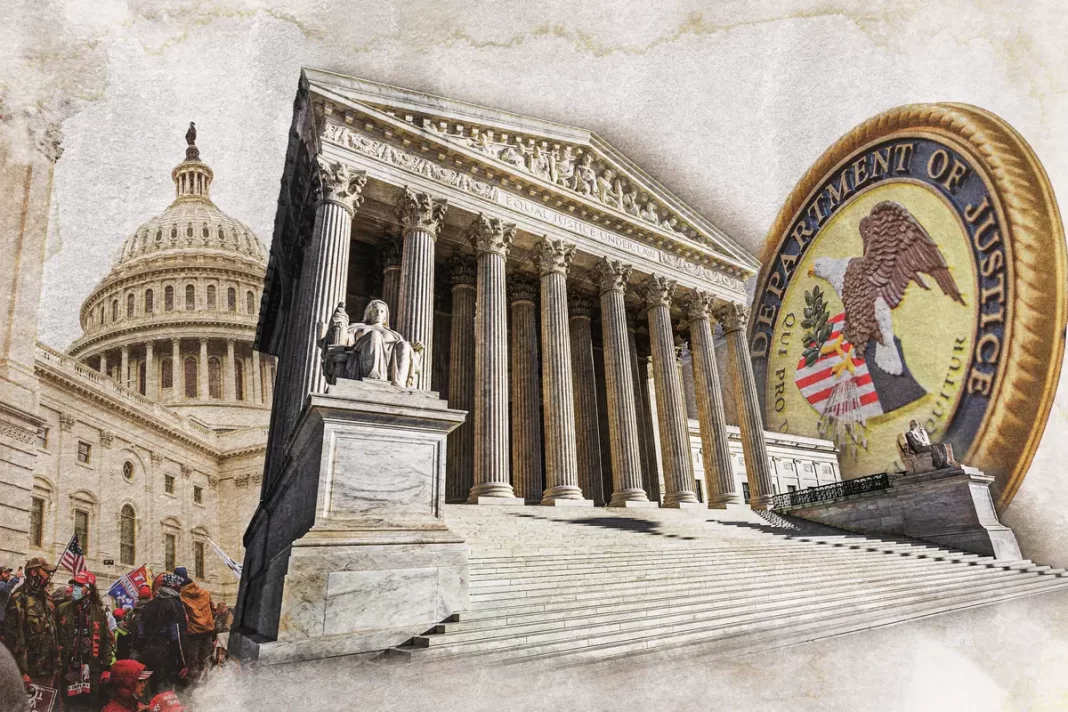The ruling reverses a lower court ruling that President Trump was eligible to appear on the ballot, but three of the seven judges dissented
The Colorado Supreme Court ruled on Tuesday that former President Donald Trump is ineligible to appear on the state’s primary ballot.
“We conclude that because President Trump is disqualified from holding the office of President under Section Three, it would be a wrongful act under the Election Code for the Secretary to list President Trump as a candidate on the presidential primary ballot,” reads the majority opinion.
“Therefore, the Secretary may not list President Trump’s name on the 2024 presidential primary ballot, nor may she count any write-in votes cast for him,” the order added, as Colorado state law does not permit write-in votes to be counted for ineligible candidates.
The ruling reverses a lower court ruling that President Trump was eligible to appear on the ballot because while he did “engage” in an “insurrection” on Jan. 6, 2021, Section 3 of the 14th Amendment does not apply to presidents. The Colorado Supreme Court was unpersuaded by both the lower court and President Trump’s arguments that Section 3 did not apply to presidents.
“Section Three encompasses the office of the Presidency and someone who has taken an oath as President. On this point, the district court committed reversible error,” the order reads.
This makes Colorado the first and only state to disqualify President Trump from appearing on a state primary ballot.
‘Uncharted Territory’
The court affirmed the lower court decision in part, ruling that Congress does not need to pass legislation in order to implement Section 3 of the 14th Amendment, and it is self-executing, and not beyond the jurisdiction of the courts.
As such, “the district court did not abuse its discretion in admitting portions of Congress’s January 6 Report into evidence at trial,” nor err in its ruling that the Jan. 6, 2021, events constituted an “insurrection,” the order added.
The Colorado Supreme Court ruled that President Trump’s speech on and before Jan. 6, 2021, “was not protected by the First Amendment” because it was “speech were likely to incite such imminent lawlessness and violence.”
The unsigned order acknowledged the gravity of the ruling.






